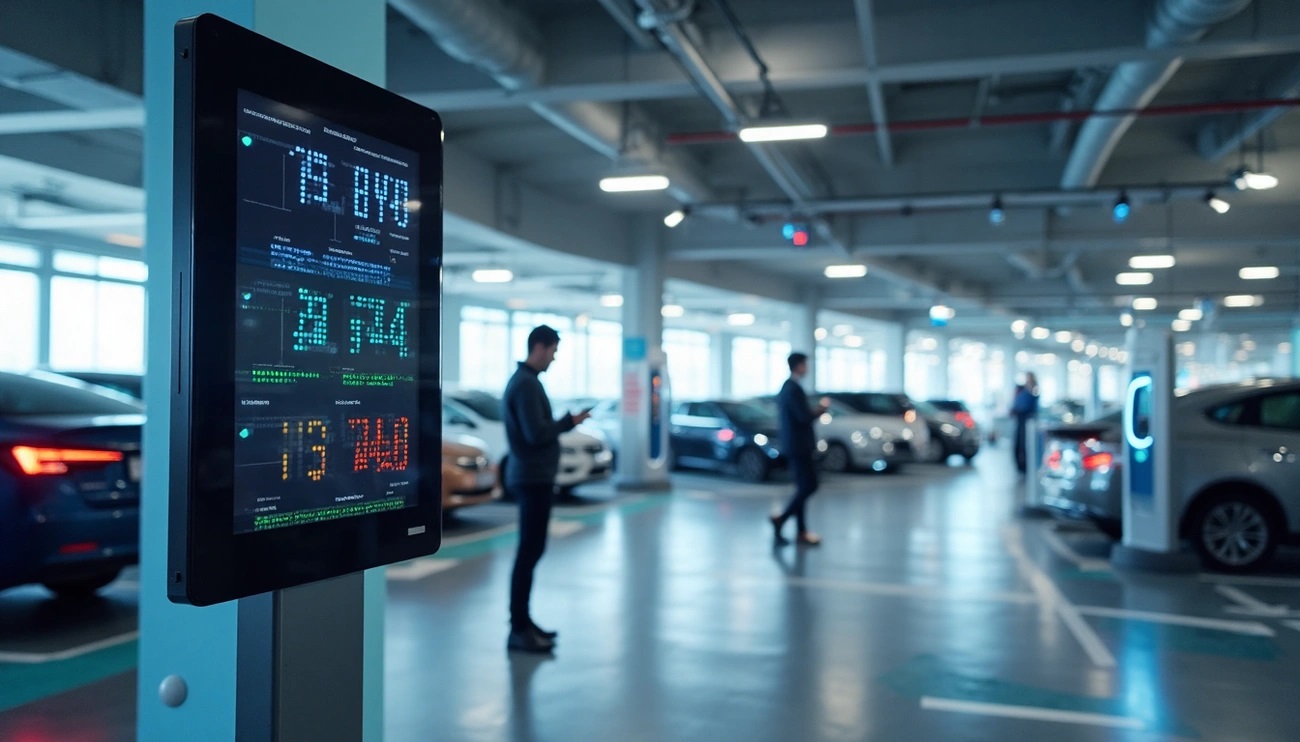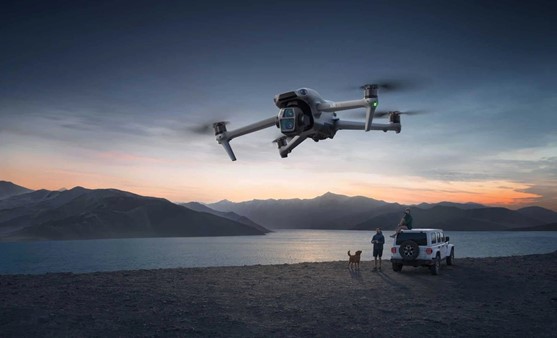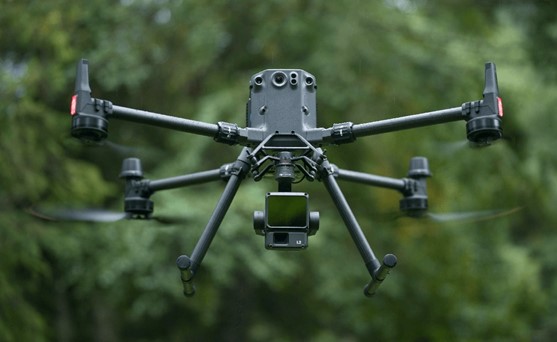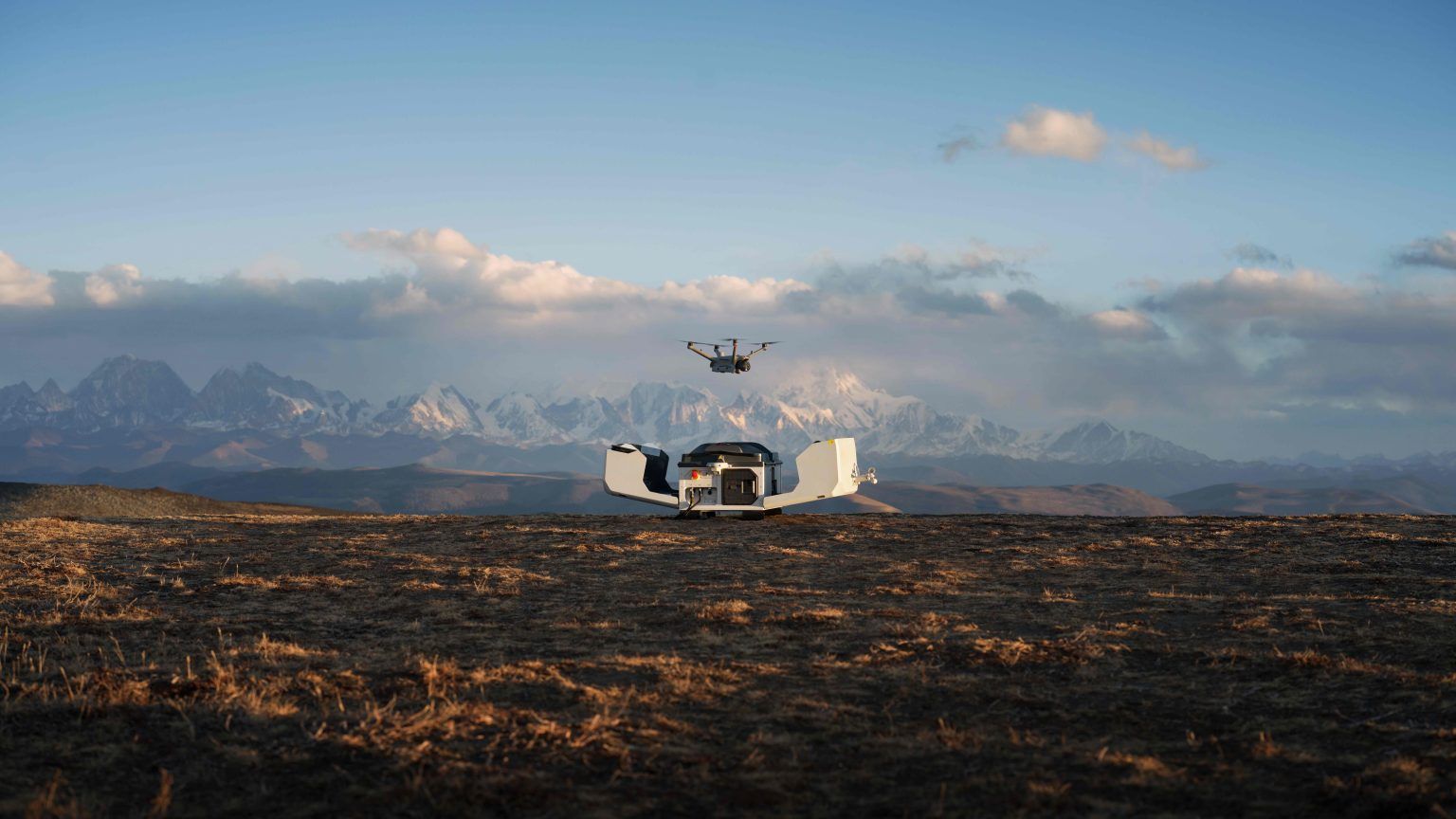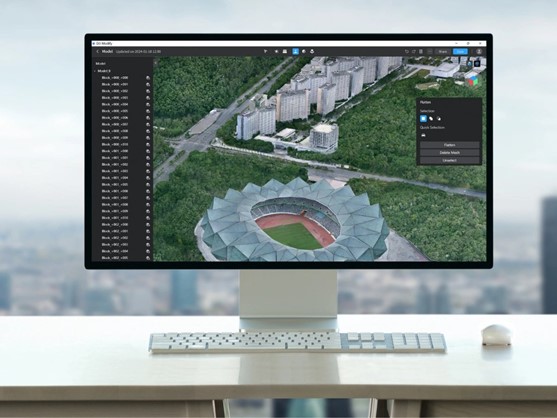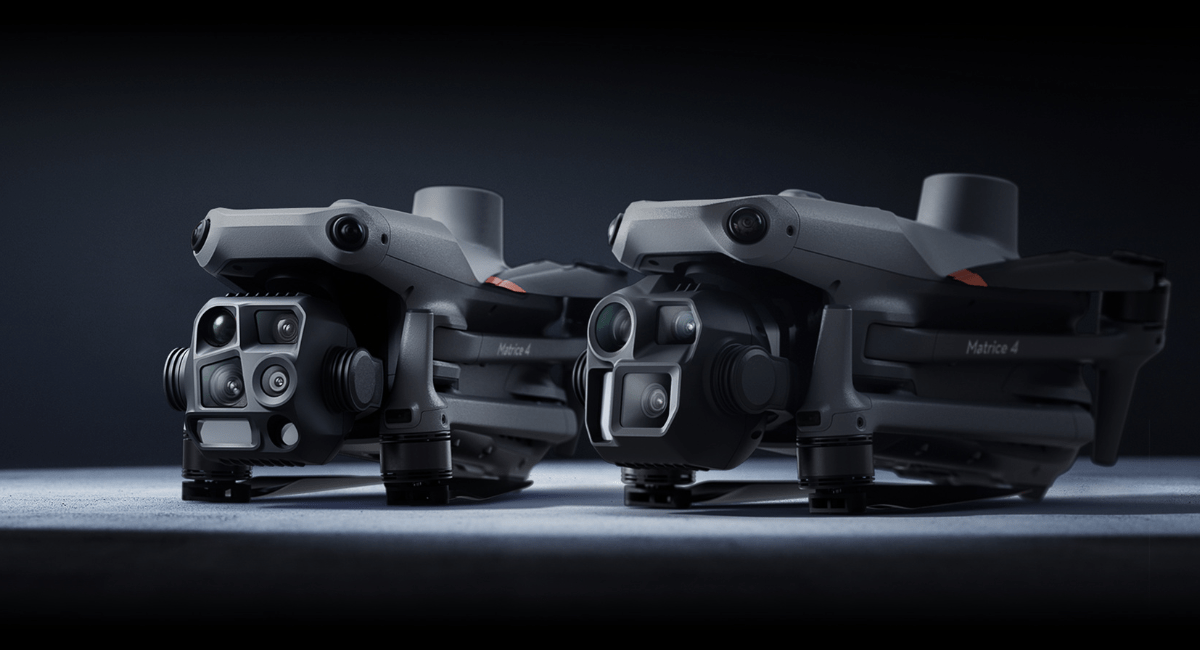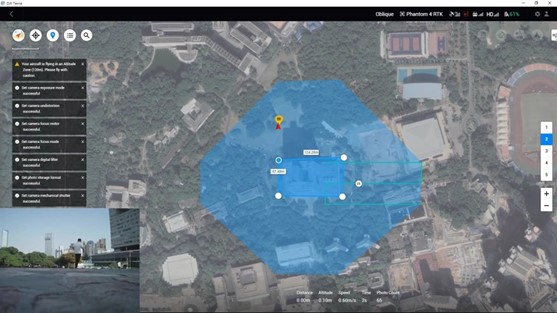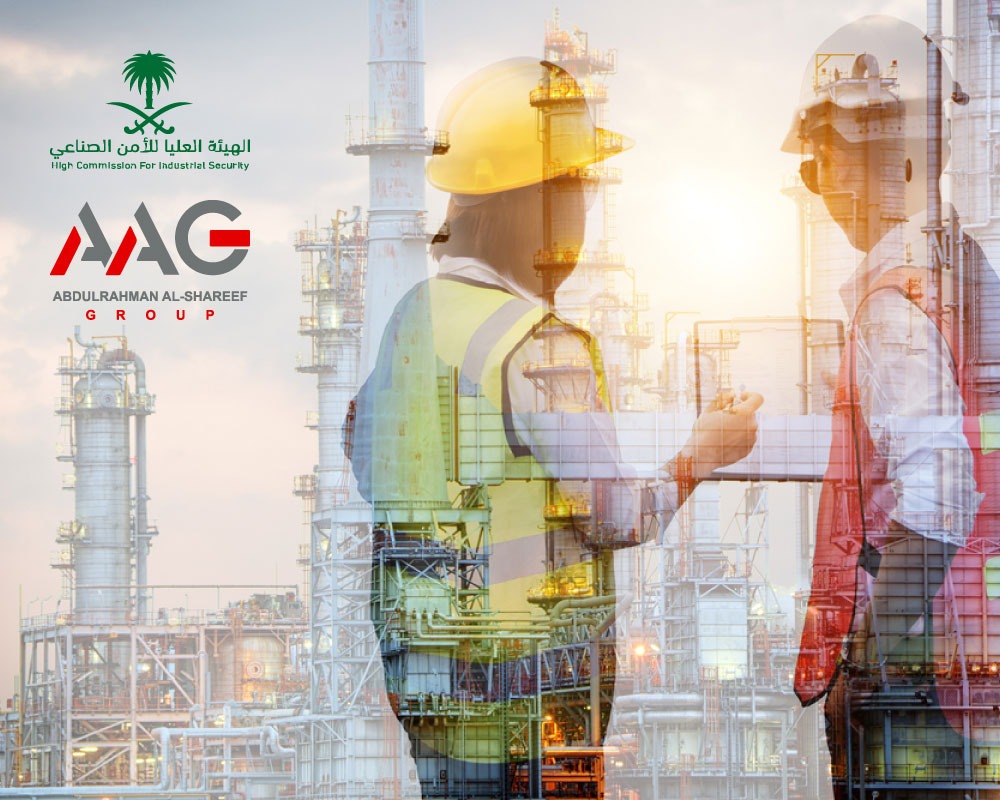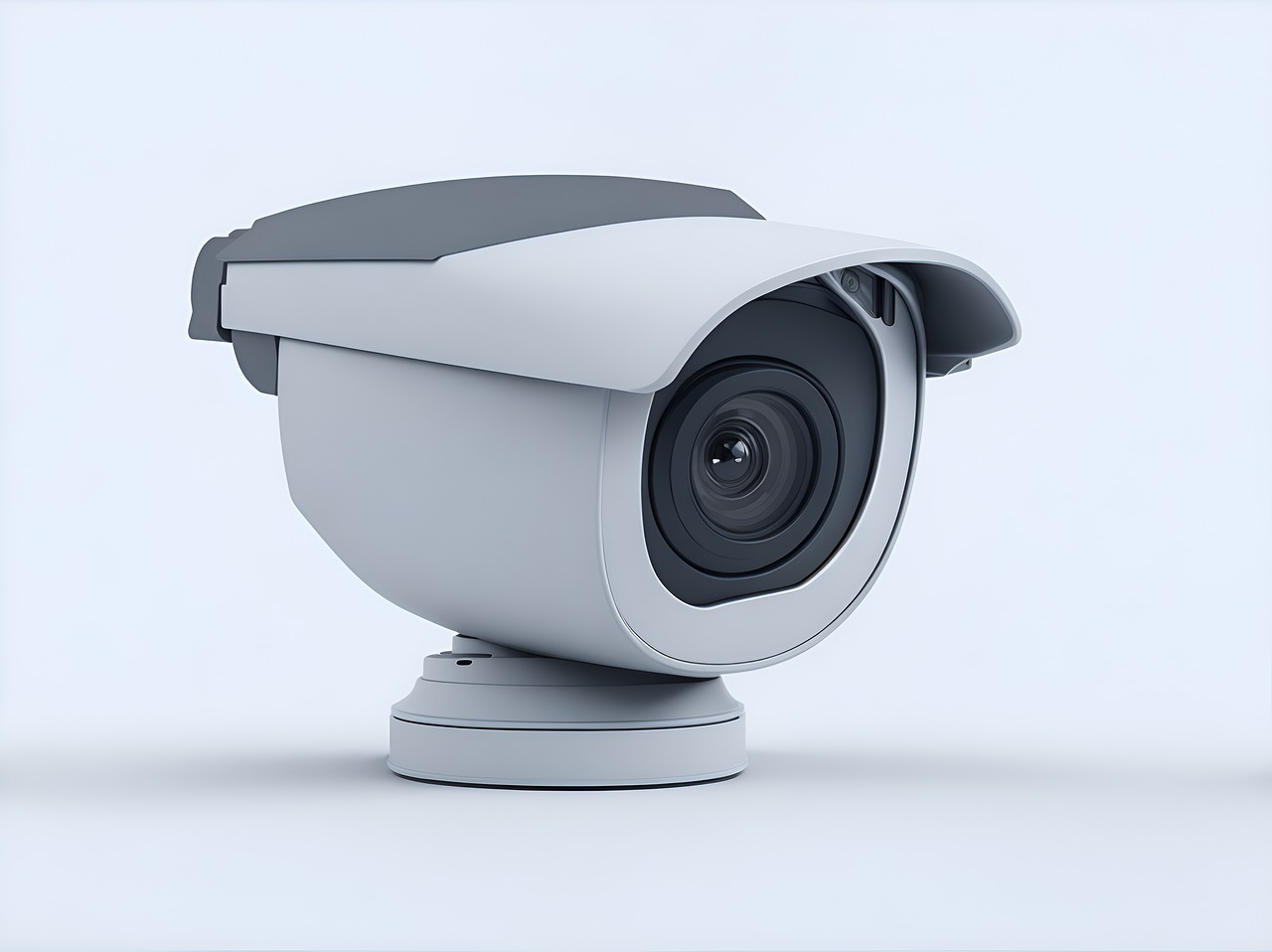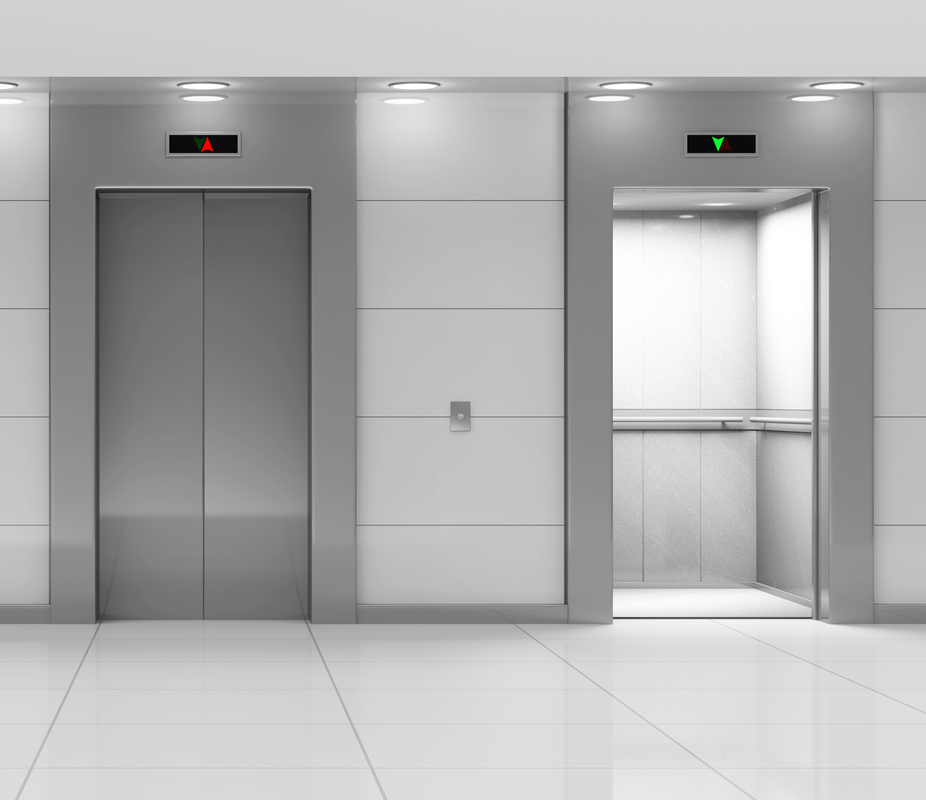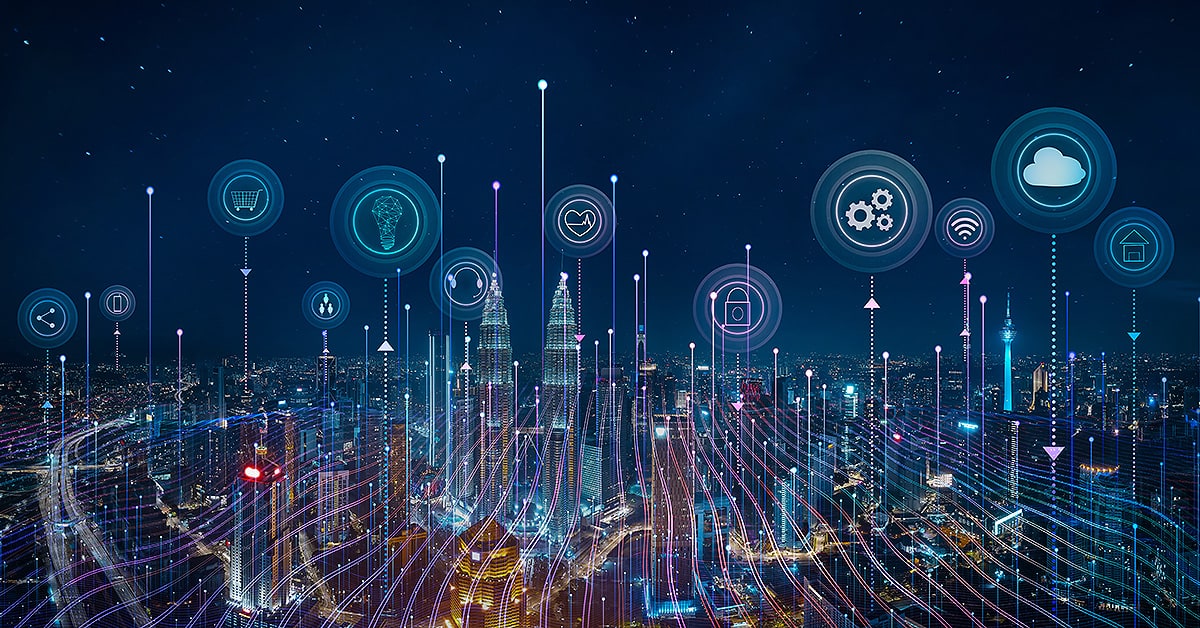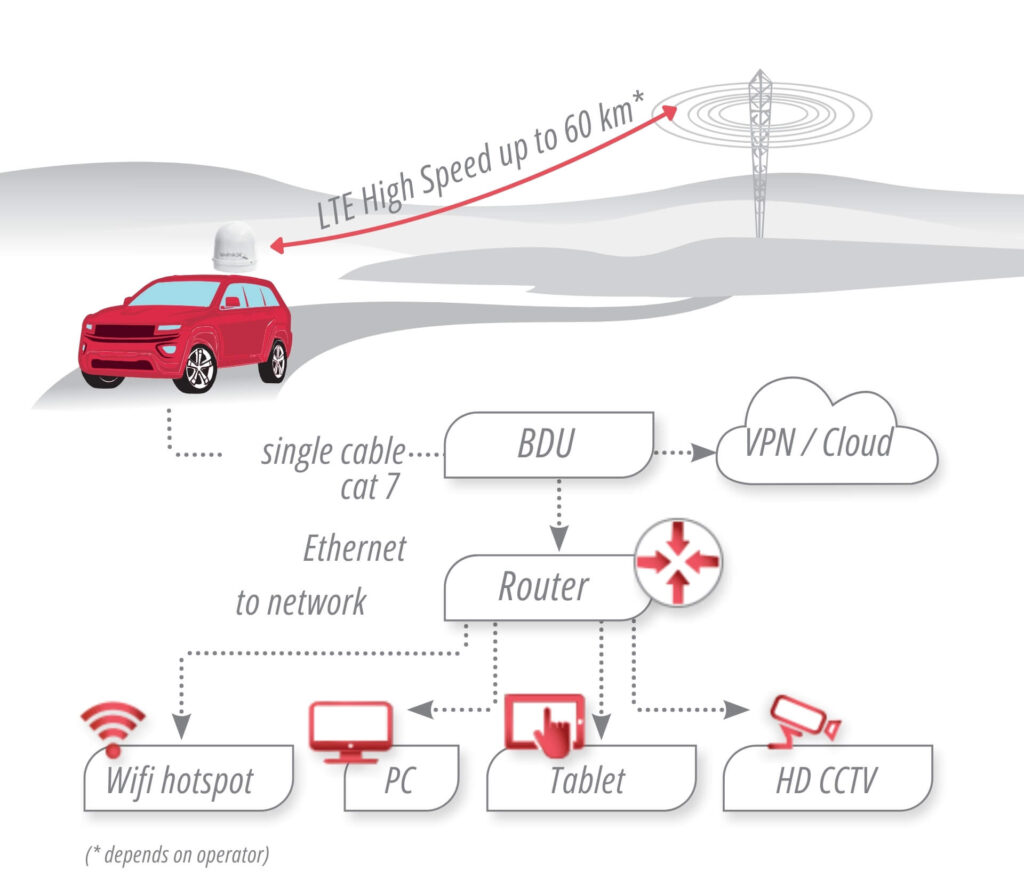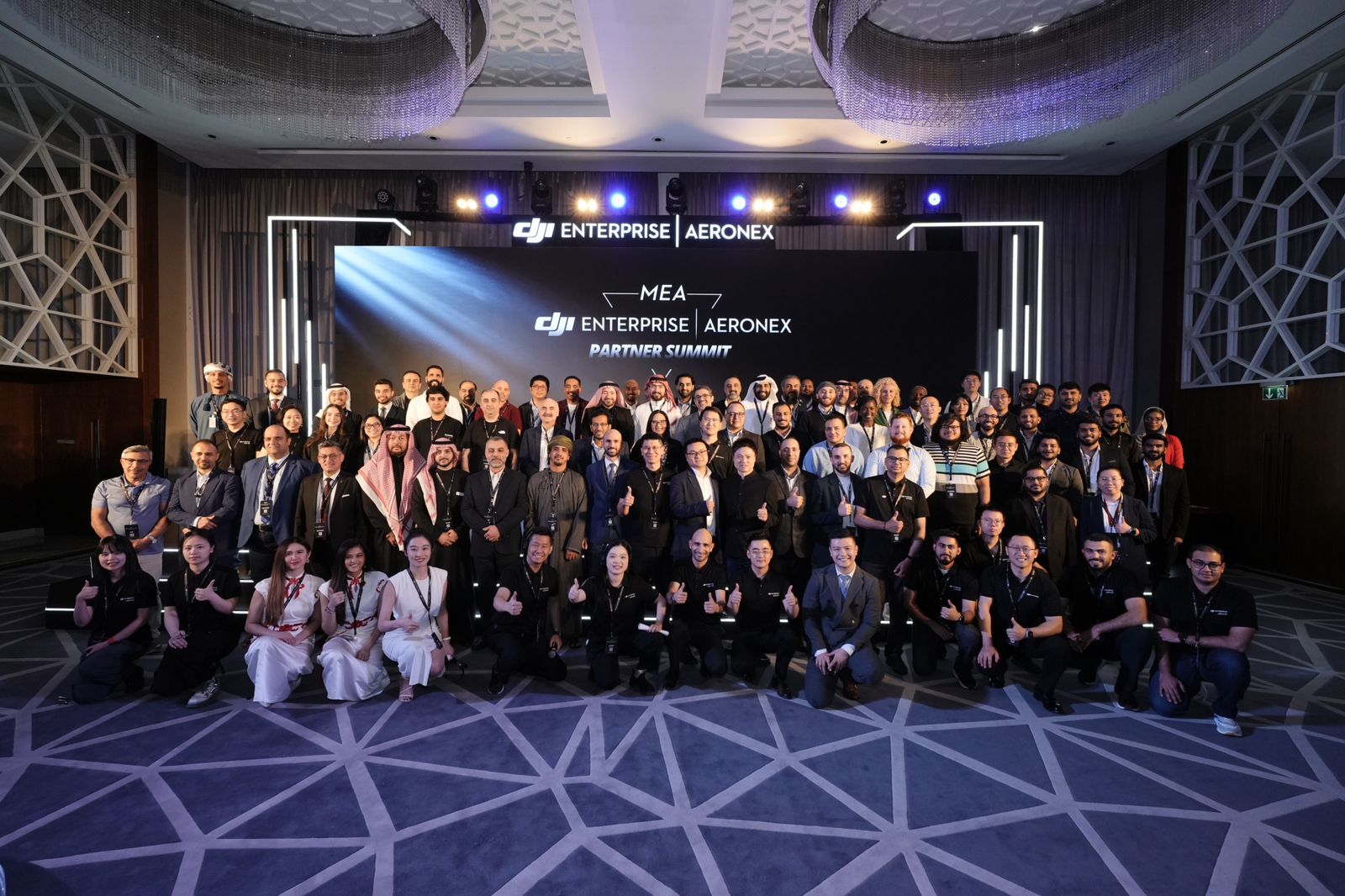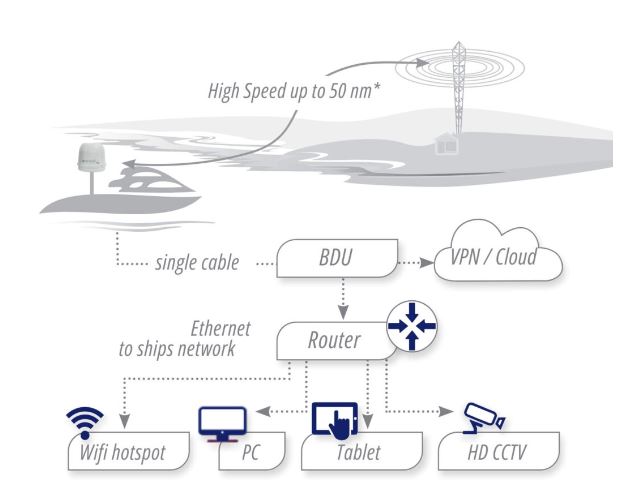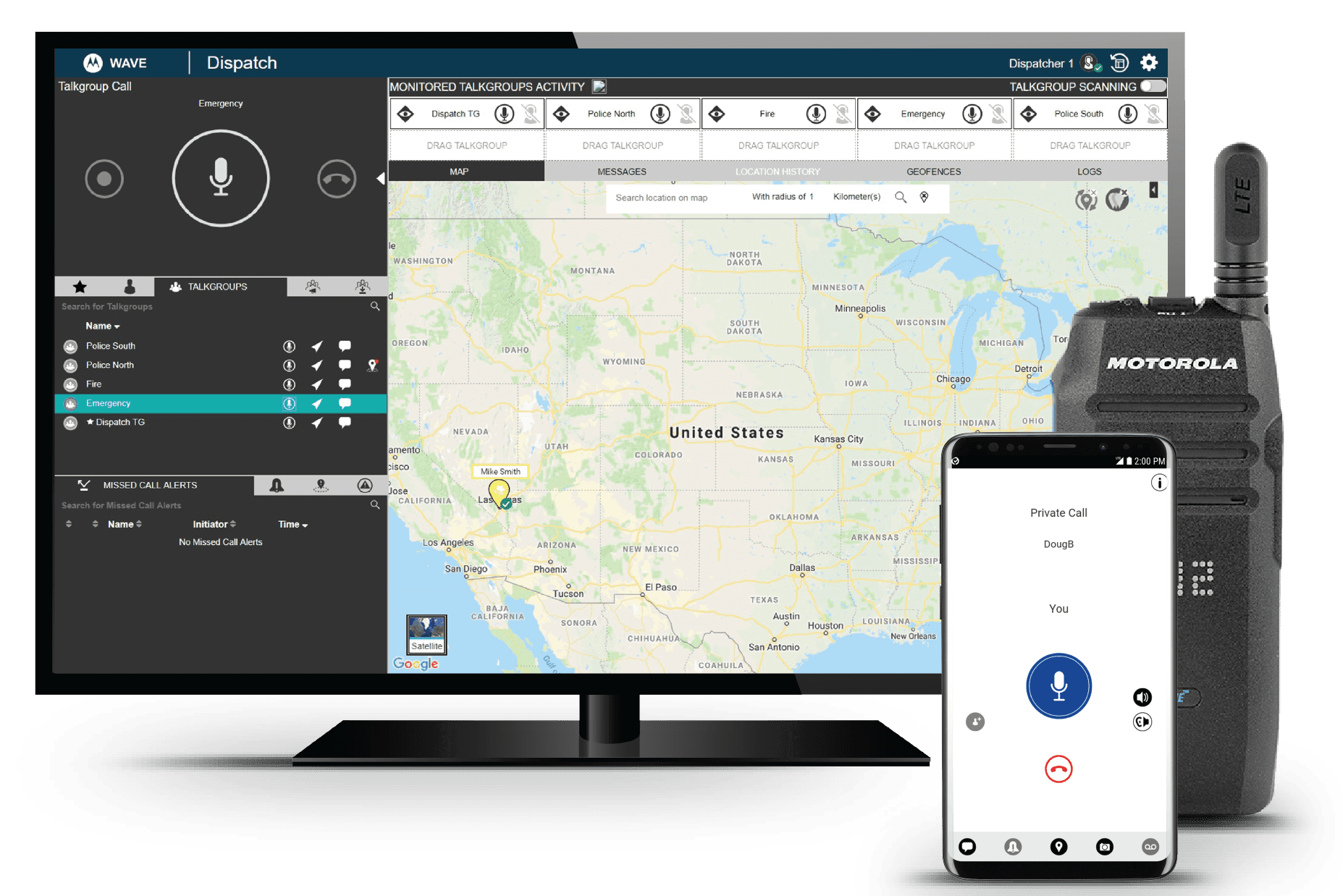Smart parking management systems have changed how businesses and cities deal with today’s growing traffic volumes. These systems started as basic manual operations but have evolved into tech-powered solutions that optimize parking spaces. Thanks to IoT-based sensors, modern systems now give live updates about empty spots. This cuts down the time drivers waste looking for parking by a lot.
Saudi Arabian cities like Riyadh, Jeddah, and Dammam need good parking management solutions in their commercial and residential areas. These systems are a great way to get features like license plate recognition that controls access automatically, online booking, and cashless payments. The parking management tech also tracks occupancy rates and rush hours so operators can make better decisions. On top of that, it includes eco-friendly additions like EV charging stations that make these systems more attractive to businesses of all sizes across the kingdom.
Core Components of a Smart Parking Management System
Modern parking management systems rely on several interconnected components that create a smooth parking experience. Smart sensors detect vehicles in parking spaces and serve as the system’s foundation. Ground sensors embedded in pavements excel at providing immediate occupancy data. These advanced sensors operate for up to 10 years without maintenance, which makes them an economical long-term investment.
The central management software acts as the system’s brain by collecting data from all components and displaying it on wayfinding signs. This software studies parking patterns, creates reports, and helps optimize operations. Businesses in Riyadh and Jeddah’s commercial areas use this informed approach to make better decisions about space allocation and pricing.
Strategically placed digital wayfinding signage directs drivers to empty spaces. Drivers see immediate information from sensors that shows exactly where open spaces exist. The latest systems feature full-matrix variable message signs with customized RGB graphics in millions of colors, which enhances visibility and brand consistency.
License Plate Recognition (LPR) cameras capture high-resolution images of license plates during entry and exit. This automation eliminates the need for ticket machines or barriers, which creates a smoother experience. Saudi Arabia’s busy commercial centers benefit from reduced congestion at entry points thanks to this technology.
Mobile applications link directly to parking infrastructure. Users check space availability, reserve spots, and find their way to chosen spaces. Many apps help users locate their parked vehicles through system integration.
The system architecture includes access control hardware like automatic barriers, bollards, and blockers that work with identification technologies. These elements combine to create an efficient, user-friendly parking ecosystem that works well in commercial and residential settings.
Booking, Payment, and Access Control Features
Today’s parking management systems make life easier for users with efficient booking, payment, and access control features. Drivers can book parking spaces ahead of time through online systems, which removes the stress of finding a spot upon arrival. The booking process needs vehicle details and timing information, and users receive email confirmations while system administrators get instant notifications.
QR codes have become a game-changing solution in parking operations. Scanning these codes takes users straight to payment portals or parking software that tracks entry times and calculates fees. This touch-free system eliminates paper tickets and reduces traffic jams at entrances, which has proven particularly useful in busy areas of Riyadh and Jeddah.
RFID-based access control is the life-blood of modern parking systems. Cars with RFID tags mounted on their windshields get automatic identification at facility entrances. The system checks tag data against authorized users and grants access without human intervention. This technology enables automatic billing and removes the need for physical tokens while boosting security across Saudi Arabian commercial and residential facilities.
Payment options are a key strength of advanced parking systems. Modern facilities accept credit cards, mobile wallets like Apple Pay and Google Pay, and app-based payments alongside traditional cash. Some systems let drivers pay after parking, either before leaving or from their homes. These cashless options cut down operational costs by reducing cash handling and its security risks.
Touch-free solutions have become essential by reducing physical contact throughout the parking process. Cars can enter and exit facilities without stopping, thanks to license plate recognition technology. Cloud-based systems give operators remote access to facility data, which enables up-to-the-minute monitoring and control from any location with internet access. This feature proves invaluable for managing multiple sites across cities like Dammam and Riyadh.
Data Analytics, Scalability, and Sustainability
Data analytics powers next-generation parking management systems by turning raw information into useful insights. IoT-based platforms monitor parking spaces in real-time. The system analyzes patterns without cloud storage by processing data at the fog level with technologies like Hadoop MapReduce. Parking managers in Riyadh and Jeddah’s commercial districts can now make better decisions about space allocation, pricing, and staffing based on solid evidence.
Operators get valuable information through advanced analytics dashboards:
- Facility occupancy and dwell time metrics
- Vehicle turnover rates and unique user behavior patterns
- Trend analysis with interactive, real-time visualizations
Business owners can understand traffic patterns better, spot problems quickly, and improve their efficiency. These smart systems detect up to 70 vehicles at once with 99% accuracy while offering GDPR-compliant license plate recognition. The environmental benefits are significant – CO₂ emissions drop by up to 40% per vehicle as drivers spend less time looking for parking.
Saudi Arabian commercial and residential areas need flexible parking infrastructure. Modern systems use modular designs that expand both horizontally and vertically. The structures adapt easily to small changes like new pedestrian routes or major ones like complete relocation. This adaptability helps cities like Dammam keep up with their evolving transportation needs.
Parking management systems in the Kingdom focus heavily on sustainability. Saudi Arabia’s Green Initiative targets net zero emissions by 2060. Parking facilities now include EV charging stations to support cleaner transportation methods. Smart power management systems balance energy loads efficiently based on usage patterns. The Saudi Road Code pushes for green parking facilities that use less land, add green spaces, and use eco-friendly building materials.
Conclusion
Smart parking management systems have revolutionized urban infrastructure technology. These complete solutions tackle multiple challenges at once – from traffic congestion to environmental sustainability. Businesses and municipalities across Saudi Arabia now enjoy better space usage, improved user experiences, and data-driven decisions.
The system works as a connected ecosystem of sensors, management software, digital signs, and mobile apps that guide drivers and collect useful data. Modern payment options and efficient access control have eliminated old parking hassles. This has cut down wait times and made customers happier in business districts of Riyadh, Jeddah, and Dammam.
Data analytics has changed parking management from reactive to proactive. Facility managers can now predict usage patterns, plan staff schedules, and set prices based on real data instead of guesswork. Modern systems’ expandable design will keep them viable as cities grow and transportation needs change throughout the Kingdom.
The system’s green features match Saudi Arabia’s environmental goals perfectly. EV charging points, less driving time to find spots, and smart space use help meet national carbon targets. Property owners get both environmental and financial benefits from these improvements.
Planning and setup need careful analysis of facility requirements, user groups, and future growth plans. Alshareef Group stands ready as your trusted partner to provide custom parking solutions that meet these complex needs while delivering strong returns.
Smart parking systems show how well-designed technology can fix daily problems and support bigger economic and environmental goals. Their growing use across Saudi Arabia will help create smarter, more efficient cities ready for tomorrow’s transportation needs.

